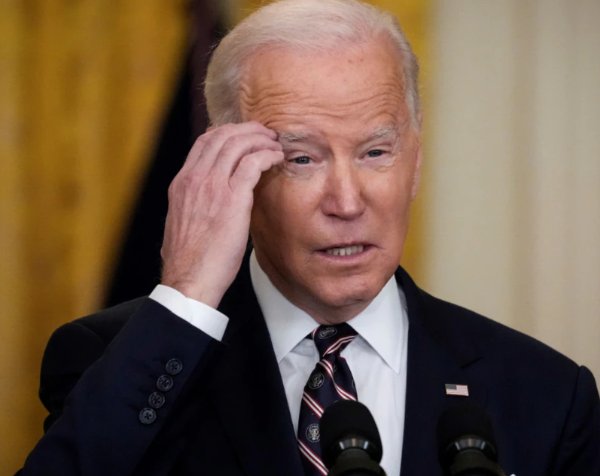#BidenZelenskyy #MilitaryAid #USUkraine #SupportUkraine #GlobalSecurity #DefenseSupport #InternationalRelations #BilateralAgreement
In a significant development aimed at bolstering Ukraine’s defense capabilities amid ongoing conflicts, U.S. President Joe Biden held a vital conversation with Ukrainian President Volodymyr Zelenskyy this past Friday. The dialogue between the two leaders underscored the United States’ steadfast commitment to supporting Ukraine in the face of challenges to its sovereignty and territorial integrity. President Biden’s communication with President Zelenskyy was not merely a diplomatic formality but a reassurance of unwavering support, culminating in the announcement of a new military aid package. This package is seen as a pivotal move in the ongoing support from the US to Ukraine, signaling a continuation of efforts to ensure Ukraine stands resilient against adversities.
The specifics of the newly announced military aid package, while not detailed in the initial announcement, are expected to significantly enhance Ukraine’s military capabilities. In the context of the ongoing conflict, such support is not just material but also a strong political signal of the U.S.’s commitment to upholding the principles of international law and sovereignty. The aid is anticipated to encompass various dimensions of military assistance, including but not limited to, defensive weaponry, intelligence support, and perhaps training for Ukrainian forces. This multifaceted support underscores an in-depth understanding of the complex needs facing the Ukrainian military and aims to address gaps critically needed to fortify Ukraine’s defense against aggression.
The phone call between Presidents Biden and Zelenskyy, and the subsequent announcement of increased military aid, have sparked a series of reactions on the international stage. Allies of Ukraine see this as a positive step towards consolidating international efforts in support of Ukrainian sovereignty. However, adversaries view it through a lens of geopolitical tension escalation. This development is not in isolation but a part of broader international dynamics involving NATO, the EU, and other global actors interested in maintaining stability and preventing further erosion of the post-World War II international order. The ramifications of this aid package extend beyond the immediate military benefits, hinting at the strategic positioning and alliances shaping the future international landscape.
The reaffirmation of U.S. support for Ukraine by President Biden has also reignited discussions on the importance of international law and the norms governing state behavior. In championing the cause of Ukraine, the U.S. is not only providing tangible military support but is also advocating for the principles of sovereignty, territorial integrity, and the right of nations to self-determination. As Ukraine continues to navigate the complexities of its current geopolitical dilemma, support from the U.S. and other allies will be crucial in tipping the scales towards a resolution that respects the pillars of international order. Amidst the backdrop of increasing global tensions, the sustained dialogue and support between the United States and Ukraine serve as a testament to the enduring importance of international partnership in facing contemporary security challenges.







Comments are closed.